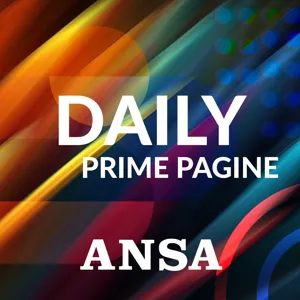How has life expectancy changed after the pandemic?

Demographers (researchers who study the statistics of human populations) look at factors such as birth rates, death rates, migration and life expectancy. But what exactly is meant by the term 'life expectancy'? How is it calculated, and how has it changed after the pandemic? We speak to Prof Jennifer Dowd from the Leverhulme Centre for Demographic Science to find out.
You can find out more about Prof Dowd's work in our micro-documentary Demography: Understanding Our World: https://www.oxfordsparks.ox.ac.uk/videos/demography-understanding-our-world/


